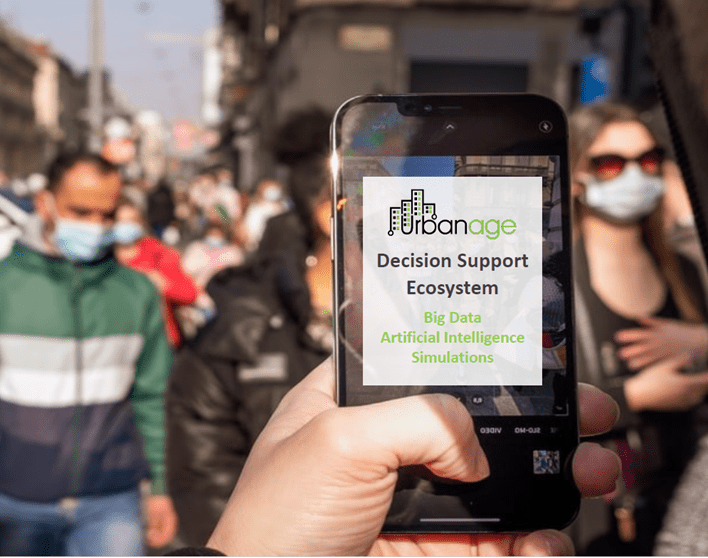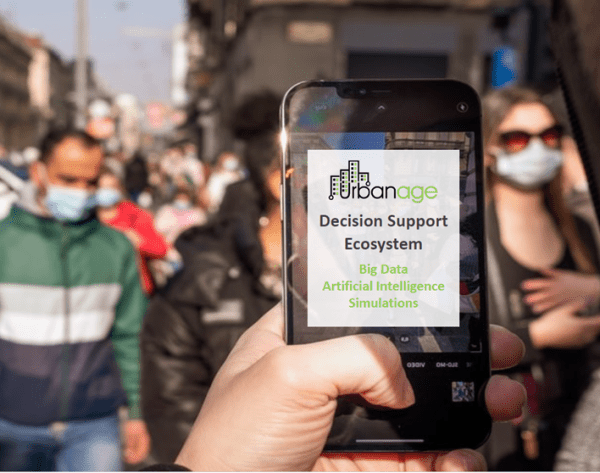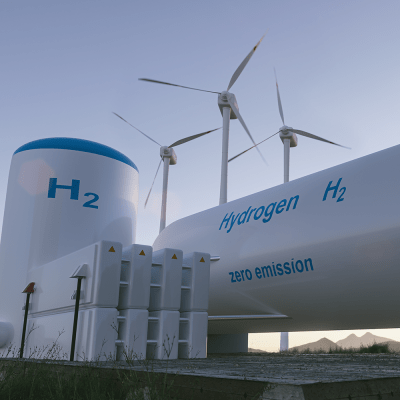
Start date:
01/02/2021
End date:
31/01/2024
Twitter: @UrbanageH2020
Youtube: @Urbanage
LinkedIn group: @urbanage-eu

Enhanced URBAN planning for AGE-friendly cities through disruptive technologies
URBANAGE
is European initiative focused on helping urban planners and policy makers harness the power of new technologies for more inclusive, evidence based decisions.
As Europe faces an oncoming demographic shift where its urban populations will consist of a higher proportion of older adults, the need for cities to offer better services for happy and healthy aging is crucial.
URBANAGE supports the development of age-friendly cities through the roll-out of a new decision-support ecosystem, co-created by relevant stakeholders (public servants) and users (older adults).
The innovative ecosystem will bring together people´s needs and city data with new technologies including Big Data analysis, and Artificial Intelligence modelling and simulation algorithms, all accessed via Local Digital Twins with online Gamification features for enhanced engagement purposes.
Based on a thorough understanding of users’ needs, the ecosystem (tools, and co-creation) will be validated by piloting use-cases in three local planning systems in Europe (Helsinki, Santander, and Flanders).
CIC role
CIC participates in URBANAGE as an ICT expert contributing to the design of the data management layer and the definition of processes for collection, harmonisation, aggregation and integration of static and real time data from heterogeneous city sources. CIC will support Santander in the definition and data structure of the URBANAGE City Information Model (CIM) and will contribute to the implementation and technical validation of the URBANAGE Ecosystem in the pilot site of Santander.

Partners
The URBANAGE consortium is composed of 12 partners from 6 European countries (Finland, Belgium, Italy, Greece, Spain and United Kingdom) that will work on the different WPs and tasks assuring a successful achievement of URBANAGE results.












Funding
This project has received funding from the European Union’s Horizon 2020 research and innovation programme under grant agreement No 101004590.




